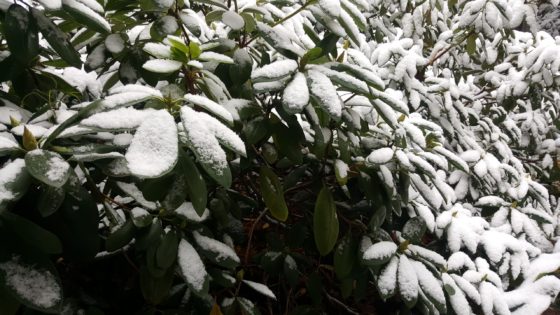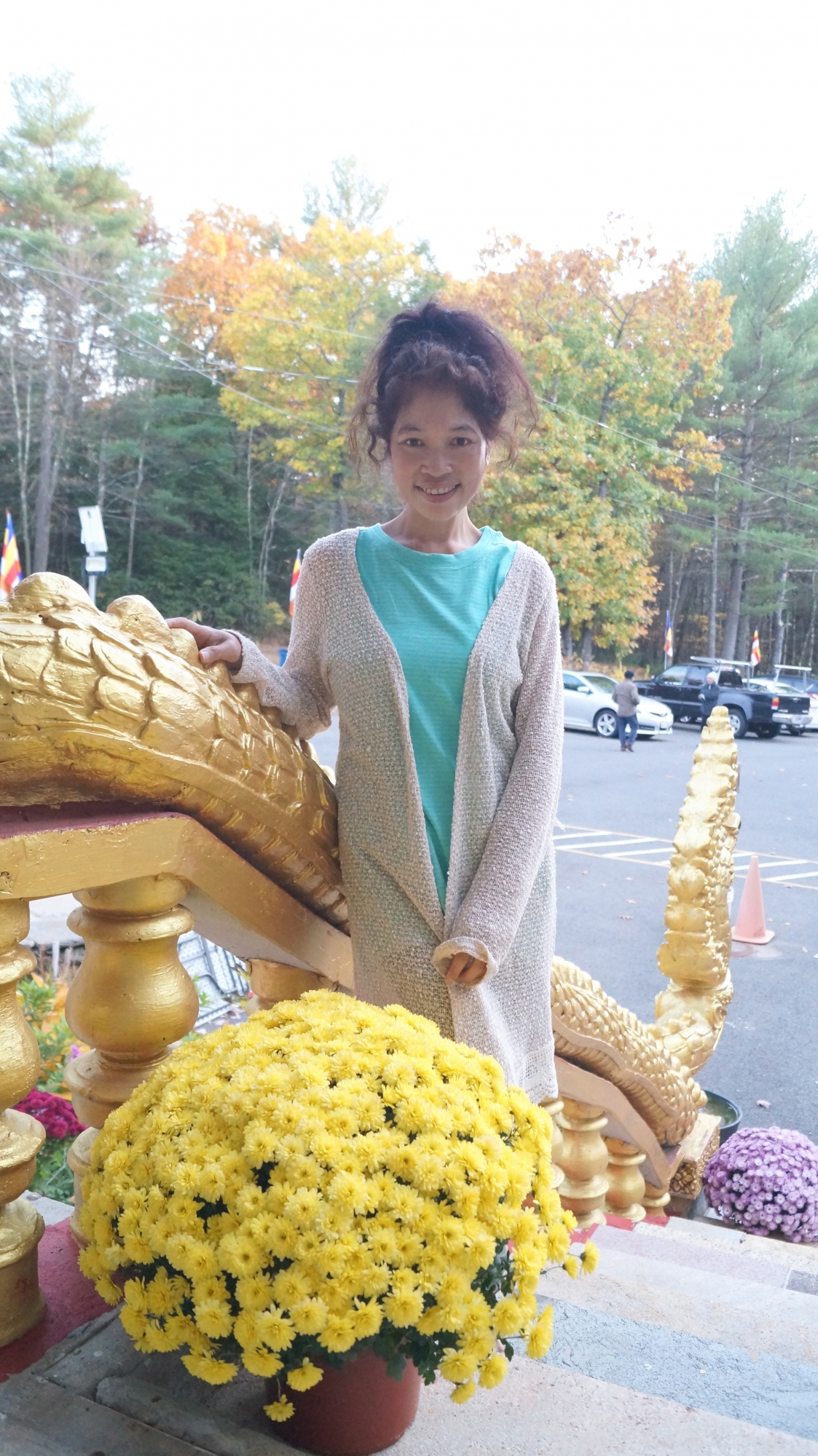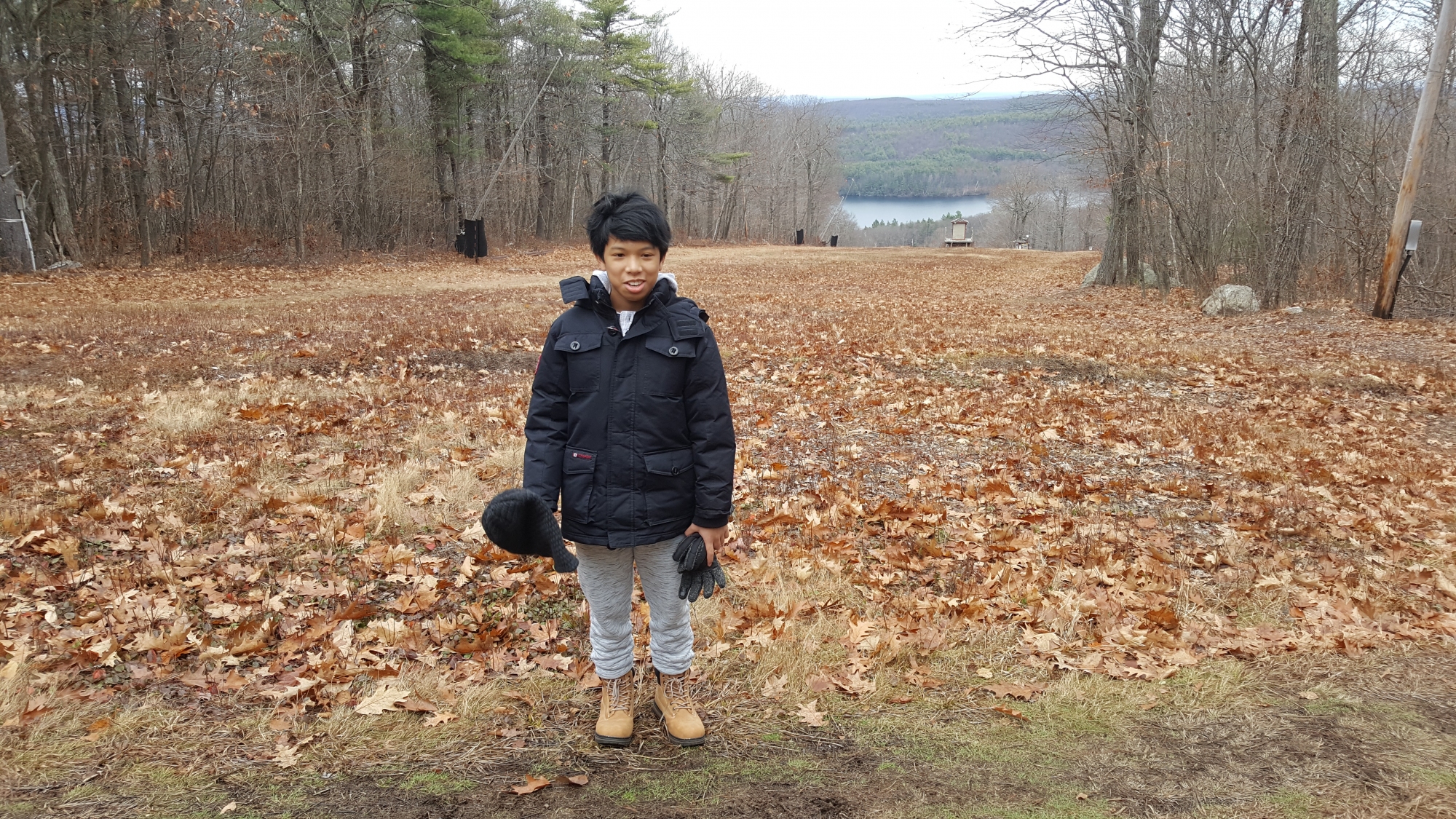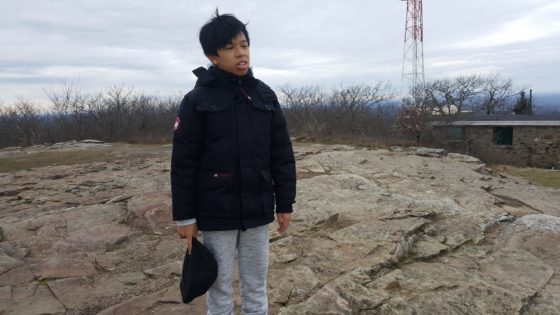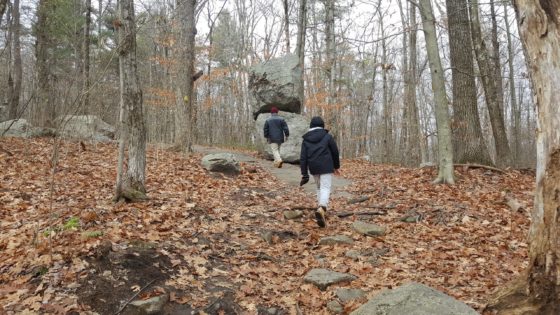
Verse 121: One should not think lightly of doing evil, imagining “A little will not affect me”; just as a water-jar is filled up by falling drops of rain, so also, the fool is filled up with evil, by accumulating it little by little.
The Story of a Careless Bhikkhu
While residing at the Jetavana monastery, the Buddha uttered Verse (121) of this book, with reference to a bhikkhu who was careless in the use of furniture belonging to the monastery.
This bhikkhu, after using any piece of furniture, such as a couch, a bench or a stool belonging to the monastery, would leave it outside in the compound, thus exposing it to rain and sun and also to white ants. When other bhikkhus chided him for his irresponsible behaviour, he would retorted, “I do not have the intention to destroy those things; after all, very little damage has been done,” and so on and so forth and he continued to behave in the same way. When the Buddha came to know about this, he sent for the bhikkhu and said to him, “Bhikkhu, you should not behave in this way: you should not think lightly of an evil, however small it may be, because it will become big if you do it habitually.”
Then the Buddha spoke in verse as follows:
Verse 121: One should not think lightly of doing evil, imagining “A little will not affect me”; just as a water-jar is filled up by falling drops of rain, so also, the fool is filled up with evil, by accumulating it little by little.
Dhammapada Verse 121
Asannataparikkhara Vatthu
Mavamannetha papassa
na mandam agamissati
udabindu nipatena
udakumbhopi purati
balo purati papassa
thokam thokampi acinam.
Source: Tipitaka


